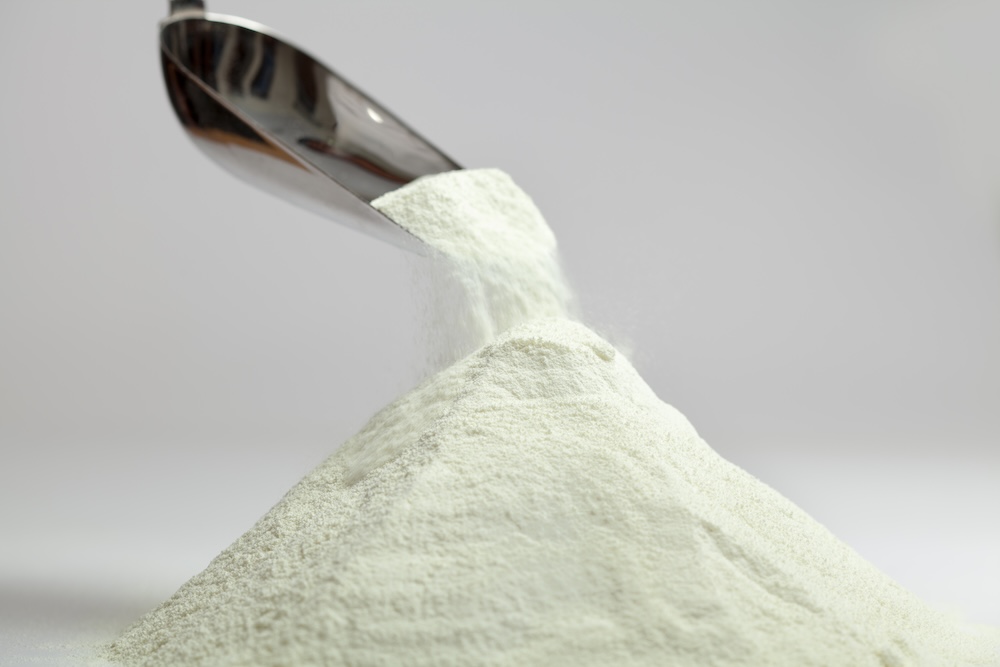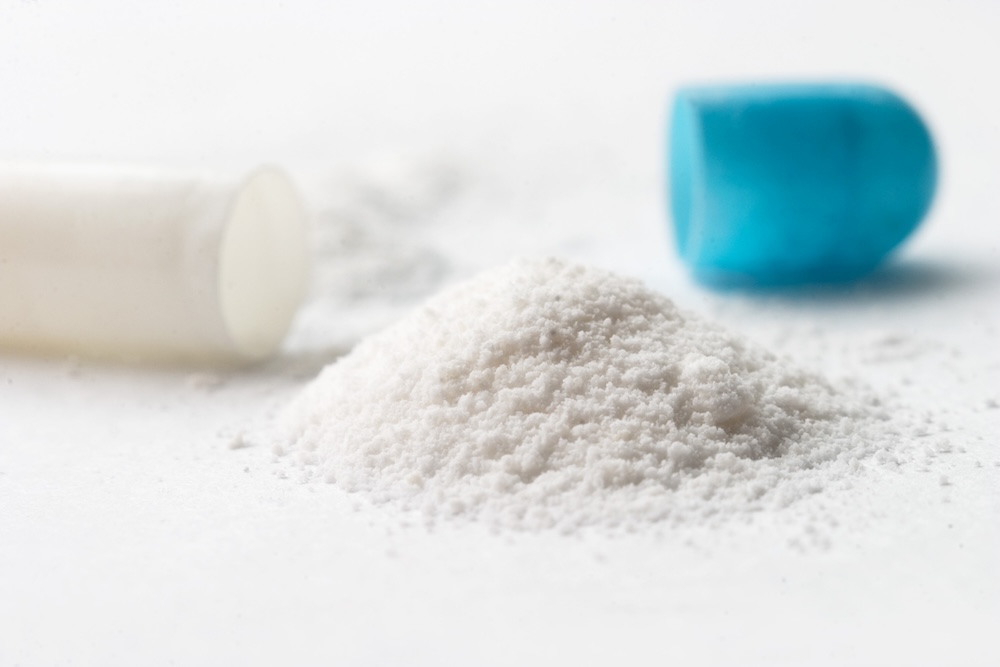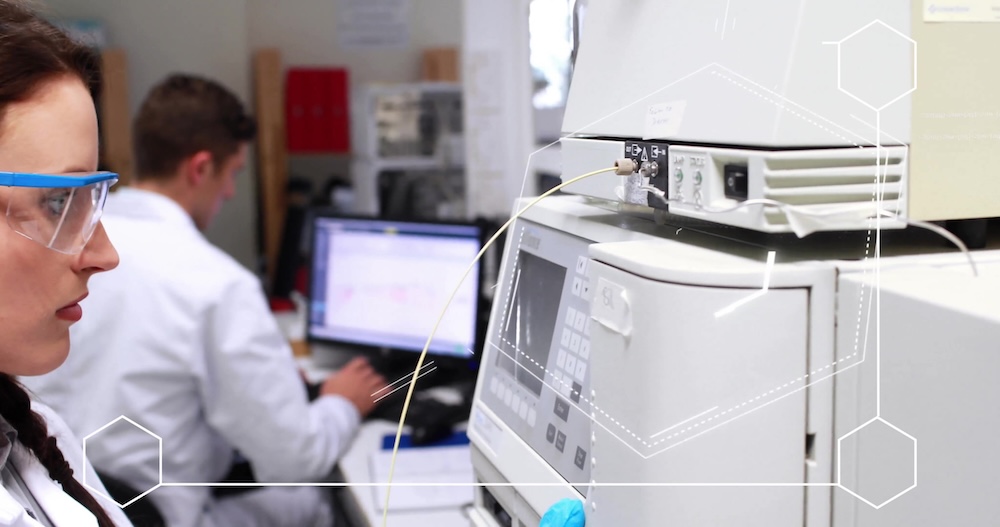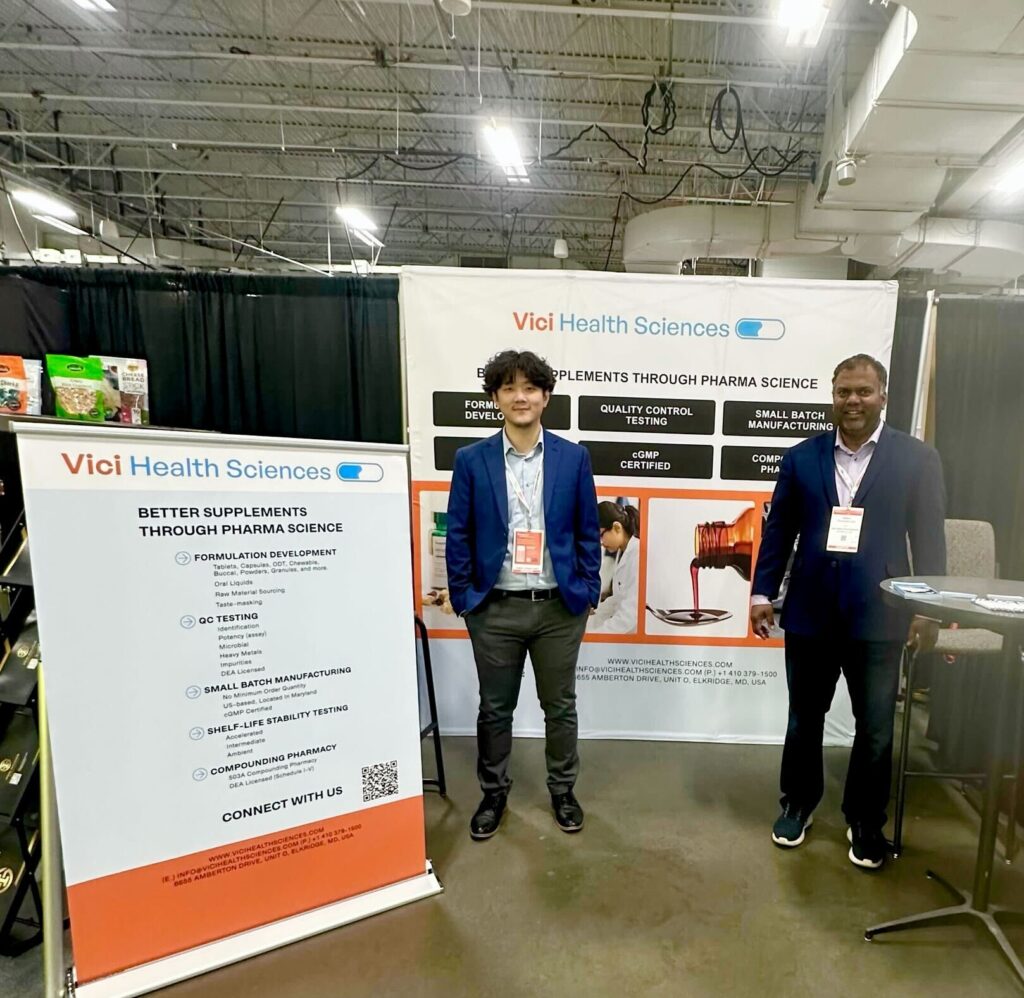Lack of patient compliance in medication is a major cause of poor health outcomes. There are a variety of reasons that contribute to this lack of patient compliance. Forgetfulness, adverse side effects, lack of access to medicine, high cost, inability to swallow large tablets or capsules, fear of needles, and poor taste are all reasons why patients skip their medicine. However, through innovative formulation development, it is possible to utilize drug delivery systems that improve patient compliance and improve overall patient outcomes.
Once-daily medication
Much of the medicine currently on the market is meant to be taken three or four times daily. This is very inconvenient for patients on the go who must be at work or school daily. Many older and even younger patients may simply forget to take a dose or sometimes take a double dose due to forgetfulness.
It is possible to develop once-daily medicine for virtually all dosage forms. This would require developing and filing a 505(b)(2) application for FDA approval. The pharmaceutical company would first need to develop the formulation and manufacturing process and go through the IND and the NDA 505(b)(2) application. Pharmacokinetic studies comparing the immediate release (currently marketed) and controlled release formulation will need to be performed along with some clinical studies. The cost for this would be significantly lower than a new drug development program because the drug substance safety and dose tolerability are already established.
Taste Masking
Oftentimes, the poor taste of liquid medicine and buccal delivery systems leads to patient noncompliance. This is particularly a problem for pediatric patients. There are a variety of taste masking options available that can be easily developed and introduced as a new option. The regulatory burden and cost for such drug development would be very low. Examples include (a) coating the drug substance or API with a polymer membrane that does not dissolve in the mouth but dissolves low stomach pH, (b) using coated minitablets, tablets, or multi-particulate beads filled in capsules, (c) using specially formulated taste masking ingredients that block bitterness receptors in the mouth, and (d) applying enteric coating for drugs that have an unpleasant smell.
Solutions for Dysphagia (swallowing problems)
As patients get older, a significant proportion of them develop dysphagia, characterized by the inability to swallow solid food or medicine. This is particularly problematic when tablets are over a gram in weight or size 0 or larger capsules are used. Reformulating such products as oral liquids or granules that can be sprinkled onto soft food such as applesauce can provide significant improvement to such patients. Such reformulation would be done through the FDA 505(b)(2) pathway and would only require bioequivalence studies for approval.
Adverse Reactions
All medicine has side effects. However, sometimes this is due to improper targeting or higher than desired concentrations at locations that are not the primary site of action. Antibody drug conjugates (ADCs) and liposomal formulations can be developed that specifically target the site of action thereby decreasing adverse side effects. Other medicines that benefit from reformulation to reduce side reactions include drugs that affect the GI lining in the stomach or intestines. For example, dimethyl fumarate if provided as a simple powder filled capsule or immediate release tablet can hurt the stomach lining of patients. Thus, it is formulated as an enteric coated minitablet that distributes the drug throughout the GI tract, reducing stomach irritation and improving patient compliance.
Fear of Needles
No patient will select an injection if a simple oral option exists with the same efficacy. Repeated injection of drugs can also lead to adverse effects in the site of injection. However, the poor bioavailability of many drug substances results in there being only injectable dosage forms in the market. However, through use of drug delivery systems such as SEDDS (self-emulsifying drug delivery systems), it is not possible to provide oral capsules to replace injectables. Such drug delivery systems help protect unstable drug molecules in the GI tract and also bypass first-pass liver metabolism thereby improving bioavailability.
Alternately, buccal drug delivery systems such as troches, orally dispersible tablets, and sublingual tablets may be able to improve bioavailability sufficiently to develop and market alternates to injectable formulations.
Experts in Formulation Development
The development of high-quality medicine utilizing drug delivery systems offers patients and healthcare provider options for improving compliance. Through formulation development, pharmaceutical companies can address many obstacles patients face. These products are offered typically through compounding or the FDA 505(b)(2) regulatory pathway and can be introduced at a fraction of the cost of typical new drug applications (NDA). Moreover, cost and availability can be addressed by filing an ANDA, which allows for the marketing of cheaper generic alternatives to expensive brand drugs.
Contact Vici Health Sciences to speak with our formulation experts on how to develop a safe, quality product that promotes patient safety and compliance.






